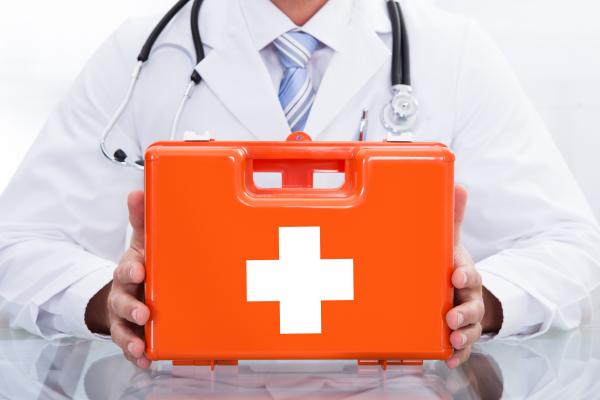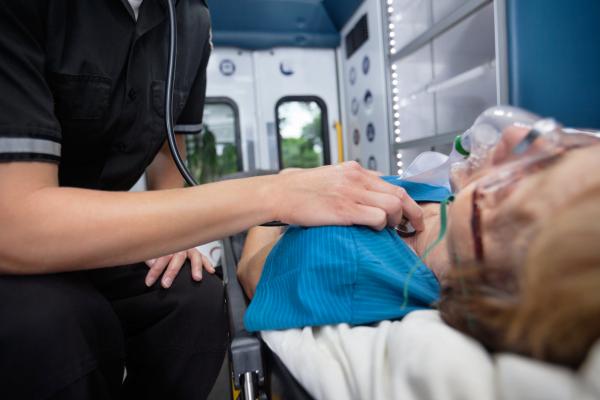id
-
Stick On Thermometers A Great Health Care Product for Kids
 Any parent can attest to the fact that kids just hate thermometers. Whether it’s a very little one who doesn’t understand and wants that thing away from his mouth or underarm (or worse) right now or a somewhat older tyke who, being sick and cranky, is in no mood to cooperate, taking a sick child’s temperature can be more challenging than solving a Rubik’s Cube. In our modern world there’s a solution for everything, and this is no exception.
Temperature Options
Parents have a variety of options for checking the temperature of a sick child. Here’s a quick overview:
1. Under the tongue style. A glass or digital thermometer is used, and the child must hold the thermometer under their tongue before an accurate temperature is given. This method is not recommended for children of 5 years and under.
2. Ear thermometers. These handy thermometers use infrared rays to take the temperature of the ear canal. They are recommended for Continue reading →
Any parent can attest to the fact that kids just hate thermometers. Whether it’s a very little one who doesn’t understand and wants that thing away from his mouth or underarm (or worse) right now or a somewhat older tyke who, being sick and cranky, is in no mood to cooperate, taking a sick child’s temperature can be more challenging than solving a Rubik’s Cube. In our modern world there’s a solution for everything, and this is no exception.
Temperature Options
Parents have a variety of options for checking the temperature of a sick child. Here’s a quick overview:
1. Under the tongue style. A glass or digital thermometer is used, and the child must hold the thermometer under their tongue before an accurate temperature is given. This method is not recommended for children of 5 years and under.
2. Ear thermometers. These handy thermometers use infrared rays to take the temperature of the ear canal. They are recommended for Continue reading → -
Why ALL Homes should have a First Aid Kit
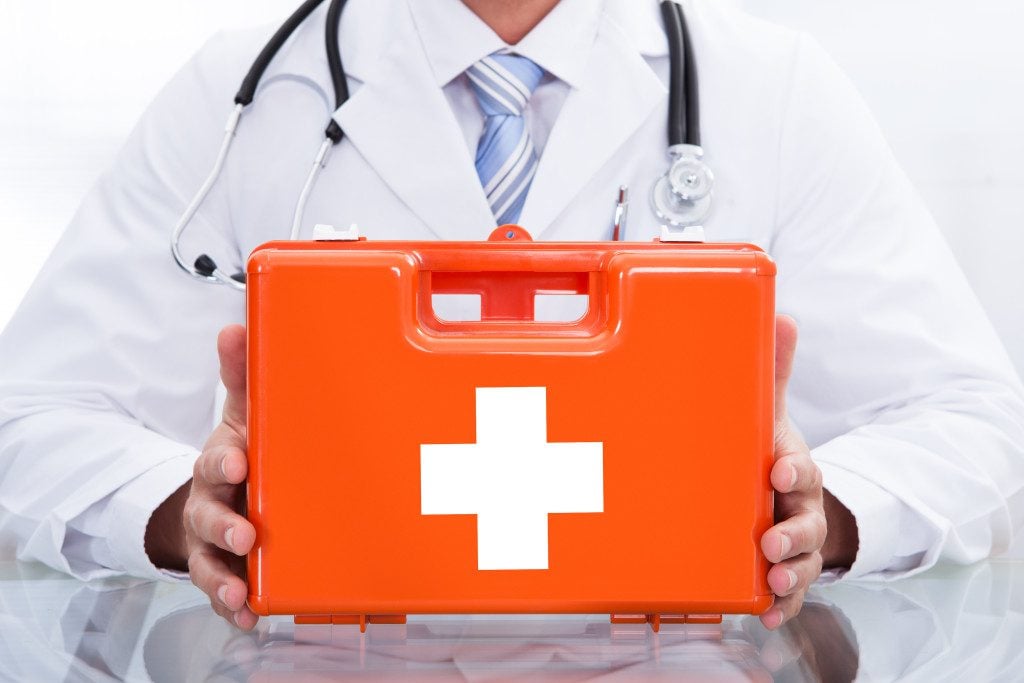 Take a look in any home’s bathroom cupboards (especially those with children) and you’re likely to find at least the bare minimum of first aid supplies: a box of adhesive bandages, antiseptic and rubbing alcohol are often likely suspects. However, this would only be sufficient if scrapes and small cuts were the sole injuries that could be suffered - and we all know that’s not the case! Here then, are some often overlooked reasons why a good first aid kit and its contents are imperative for every household. Continue reading →
Take a look in any home’s bathroom cupboards (especially those with children) and you’re likely to find at least the bare minimum of first aid supplies: a box of adhesive bandages, antiseptic and rubbing alcohol are often likely suspects. However, this would only be sufficient if scrapes and small cuts were the sole injuries that could be suffered - and we all know that’s not the case! Here then, are some often overlooked reasons why a good first aid kit and its contents are imperative for every household. Continue reading → -
Medical Alert Bracelets Help First Responders
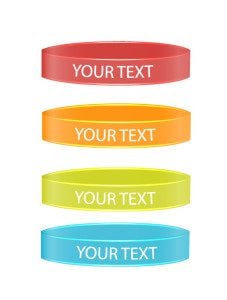 Millions of people receive emergency medical assistance from first responders in Australia each year. While this is most commonly thought of in relation to a vehicle crash, other factors such as injuries, respiratory, and heart conditions are the most common reasons why individuals require emergency medical assistance and transportation to the hospital. The care that they receive from the first responders while they are en route to the hospital is directly related to the ability of those people to receive accurate information about the health history of the individual. One of the best steps that you can take to communicate with these first responders is to invest in medical alert bracelets that contain access to vital information about you.
What Could Happen
Before you invest in medical alert bracelets, you may be wondering how realistic it is to plan for such an event. First, consider that only about four percent of the cases that SA Ambulance Service responds to in Australia are related to car accidents and collisions. One-third of the calls for emergency service that their staff at SA Ambulance Service responds to are related to cardiac or respiratory conditions, people feeling generally not well or other medical conditions. Continue reading →
Millions of people receive emergency medical assistance from first responders in Australia each year. While this is most commonly thought of in relation to a vehicle crash, other factors such as injuries, respiratory, and heart conditions are the most common reasons why individuals require emergency medical assistance and transportation to the hospital. The care that they receive from the first responders while they are en route to the hospital is directly related to the ability of those people to receive accurate information about the health history of the individual. One of the best steps that you can take to communicate with these first responders is to invest in medical alert bracelets that contain access to vital information about you.
What Could Happen
Before you invest in medical alert bracelets, you may be wondering how realistic it is to plan for such an event. First, consider that only about four percent of the cases that SA Ambulance Service responds to in Australia are related to car accidents and collisions. One-third of the calls for emergency service that their staff at SA Ambulance Service responds to are related to cardiac or respiratory conditions, people feeling generally not well or other medical conditions. Continue reading → -
Allergy Bracelets
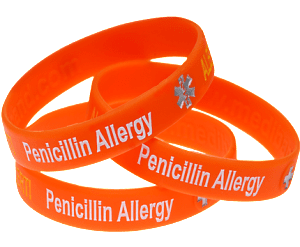 One of the most common medical allergies is to penicillin – possibly because it is one of the most common antibiotics of all time. Having an allergy bracelet that tells treating professionals you are allergic to penicillin is one of the surest ways to prevent disastrous anaphylactic shock. Anaphylactic shock is an extreme – and rare – event. Most people simply come out in symptoms like rashes, hives, itchy eyes and swollen lips, tongue, or face. The symptoms of an anaphylactic reaction, which can be deadly, usually happen within an hour of taking penicillin. Symptoms include difficulty breathing, hives, wheezing, dizziness, loss of consciousness, rapid or weak pulse, skin turning blue, diarrhoea, nausea, and vomiting. Continue reading →
One of the most common medical allergies is to penicillin – possibly because it is one of the most common antibiotics of all time. Having an allergy bracelet that tells treating professionals you are allergic to penicillin is one of the surest ways to prevent disastrous anaphylactic shock. Anaphylactic shock is an extreme – and rare – event. Most people simply come out in symptoms like rashes, hives, itchy eyes and swollen lips, tongue, or face. The symptoms of an anaphylactic reaction, which can be deadly, usually happen within an hour of taking penicillin. Symptoms include difficulty breathing, hives, wheezing, dizziness, loss of consciousness, rapid or weak pulse, skin turning blue, diarrhoea, nausea, and vomiting. Continue reading → -
Frequently Asked Questions about Alert Bracelets
 For people with life-threatening or chronic illnesses, information that they have those medical issues can be critical during an emergency. A patient who suffers from heart disease may not get the proper treatment after a car accident if first responders are unaware of the condition or someone with diabetes may not get immediate attention if they faint in a public location. Alert bracelets are the best way for first responders to know when someone has an illness or condition that needs special attention. Today, those bracelets are available in many fashionable styles, but some patients are concerned at the message they send, especially in business settings. The answers to these frequently asked questions can put their mind at ease and make them more likely to wear the life-saving bands. Continue reading →
For people with life-threatening or chronic illnesses, information that they have those medical issues can be critical during an emergency. A patient who suffers from heart disease may not get the proper treatment after a car accident if first responders are unaware of the condition or someone with diabetes may not get immediate attention if they faint in a public location. Alert bracelets are the best way for first responders to know when someone has an illness or condition that needs special attention. Today, those bracelets are available in many fashionable styles, but some patients are concerned at the message they send, especially in business settings. The answers to these frequently asked questions can put their mind at ease and make them more likely to wear the life-saving bands. Continue reading →


